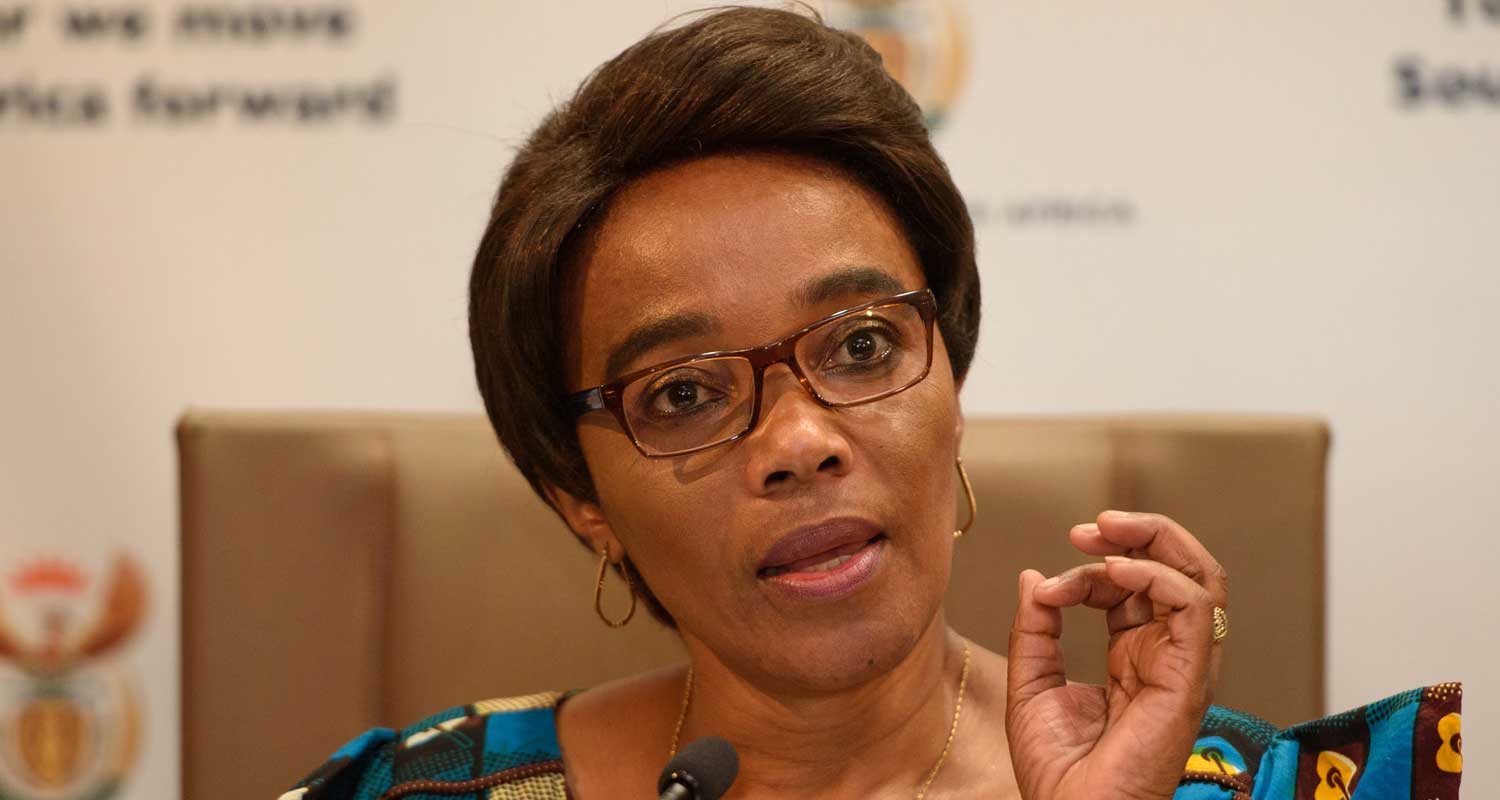Try our mobile app

Transport minister Sindisiwe Chikunga E-toll fees will no longer be collected on Gauteng highways as of 12 April. But this does not mean that customers owing Sanral for historic e-tolls they incurred are off the hook. This is according to a Sanral information pack on the end of the e-tolls system in Gauteng, shared with the media on Wednesday by Gauteng premier Panyaza Lesufi. “As the implementing authority, and in terms of treasury regulations, Sanral has an obligation to take effective and appropriate steps to collect all money due to it. Until advised otherwise, this remains Sanral’s position,” Sanral said in the document. Sanral has an obligation to take effective and appropriate steps to collect all money due to it Sanral said it will maintain its policy of not pursuing the prosecution of those who refuse to pay debt owed to it. However, those with historic debt to Sanral are not the only ones on the hook. The scrapping of e-tolls does not eliminate the debt that the programme, under the auspices of the Gauteng Freeway Improvement Project (GFIP), incurred and still owes to funders. In a speech at a media briefing in Centurion on Wednesday, transport minister Sindisiwe Chikunga confirmed that Sanral is exploring an alternative financing model for the e-toll road network. “One of the issues we had to grapple with as a committee was how Sanral was going to repay the debt it incurred to build this infrastructure and how we ensure that the roads remain up to the standards to which our road users have now become accustomed,” said Chikunga. “It has not been an easy process and decision because we essentially were being asked to deviate from a principle that is universally accepted: you have to pay for whatever you use.” Alternative funding According to Chikunga, she, along with finance minister Enoch Godongwana and Gauteng premier Lesufi, signed a memorandum of understanding (MoU) at the end of March to formalise alternative funding solutions for the GFIP debt repayment and deal with the backlog of maintenance and rehabilitation costs on the e-toll road network. “We were unanimous that terms needed to be set in black and white in the MoU for the Gauteng province to contribute to the backlog of maintenance and rehabilitation costs,” said Chikunga. Whether the contribution from the province will come directly from treasury or by other means remains unclear. Either way, the broader tax base is likely to contribute to these payments in some way or another. Going forward, however, Sanral has received approval from treasury to increase its borrowing limits, allowing it to seek additional funding the open market. Read: E-toll gantries and e-tags to get a new lease on life “This will allow the agency to approach the market to unlock funding from the private sector to fund its existing pipeline of capital expenditure projects,” said Chikunga. – © 2024 NewsCentral Media Get breaking news alerts from TechCentral on WhatsApp